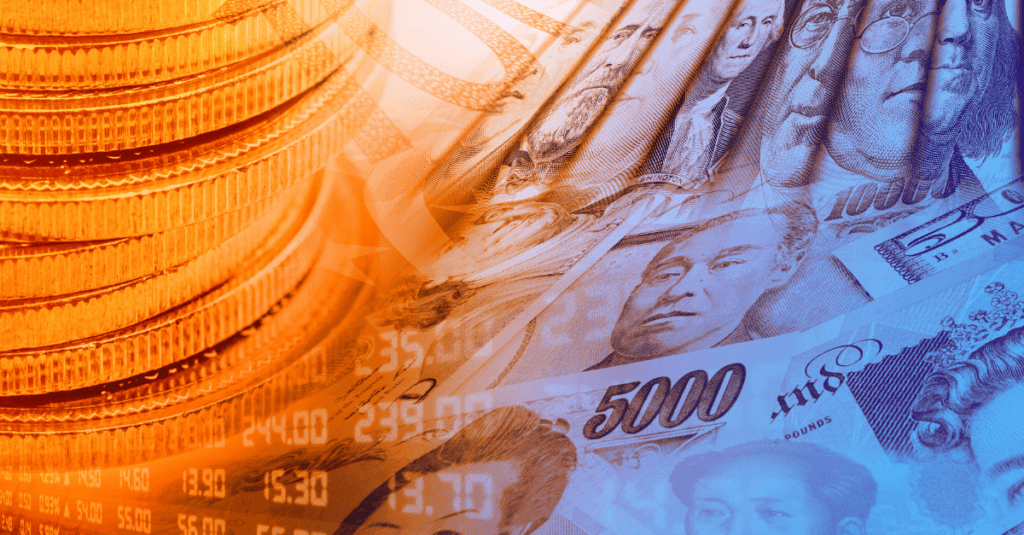A forex broker is an intermediary between you and the interbank system. Forex trading is like an orchestra. There are many players, and each has a vital role to play for the performance to be successful. The same applies to the forex market, which consists of various participants. Read on to find more about forex brokers.
Introduction To Forex Brokers
A foreign exchange broker (sometimes called an FX broker) is a company that offers services to traders and investors who are looking for ways to buy or sell currencies. If you’re planning to trade forex, you’ll work with a forex broker.
Brokers work as intermediaries between traders and the interbank market. The interbank market is a network of financial institutions and banks that trade with each other worldwide. These transactions account for the lion’s share of all currency transactions made each day. To make money in forex trading, you have to buy low and sell high — effectively betting that a currency’s value will increase compared to another currency. For example, if you think the euro will rise compared to the US dollar, you can buy the EURUSD currency pair low and then (hopefully) sell it at a higher price to make a profit.
Regulations and Licensing
Brokers have various regulatory obligations they must fulfil to operate legally. Forex brokers operate under regulations set by the Commodity Futures Trading Commission (CFTC), the National Futures Association (NFA), and the Financial Conduct Authority (FCA). The CFTC oversees futures, commodities, and forex for the United States, while the FCA does the same in the UK. National Futures Association regulates retail forex trading in America. All of these agencies have their websites which contain a database of registered financial service providers.
The value of regulation can’t be underestimated. A good regulatory agency ensures that forex brokers maintain fair and transparent business practices. It will also protect your capital from irresponsible brokers who use unfair practices to make more money from you. As an investor, you want to make sure your funds are secure. Therefore, you should look for a broker that belongs to a deposit protection scheme that protects your funds if something happens to your broker.
Types of Forex Brokers
There are two main types of forex brokers:
Dealing desk (DD) brokers make money via spreads and provide liquidity to their clients. A dealing desk broker can choose to fill a client order with its liquidity, or it can pass the order to another broker in exchange for a commission. Dealing desk brokers also engage in proprietary trading and may hedge client positions internally.
No dealing desk (NDD) brokers execute client orders directly on the interbank market without passing them through a dealing desk. They provide their clients with access to the interbank market via electronic communications networks (ECNs). NDD brokers typically make their money by charging commissions or adding a markup to spreads they receive from the liquidity providers whose prices they pass on to trader.
Final Thoughts
Forex trading is growing in popularity. In fact, foreign currency trading has passed equity markets in terms of traded volume each day on average worldwide. That is because many currencies are open to traders at any one time. Now that you know the answers to what a forex broker is and how brokerage firms make money, get started today. To find out more about forex trading, check out our FAQ page.
